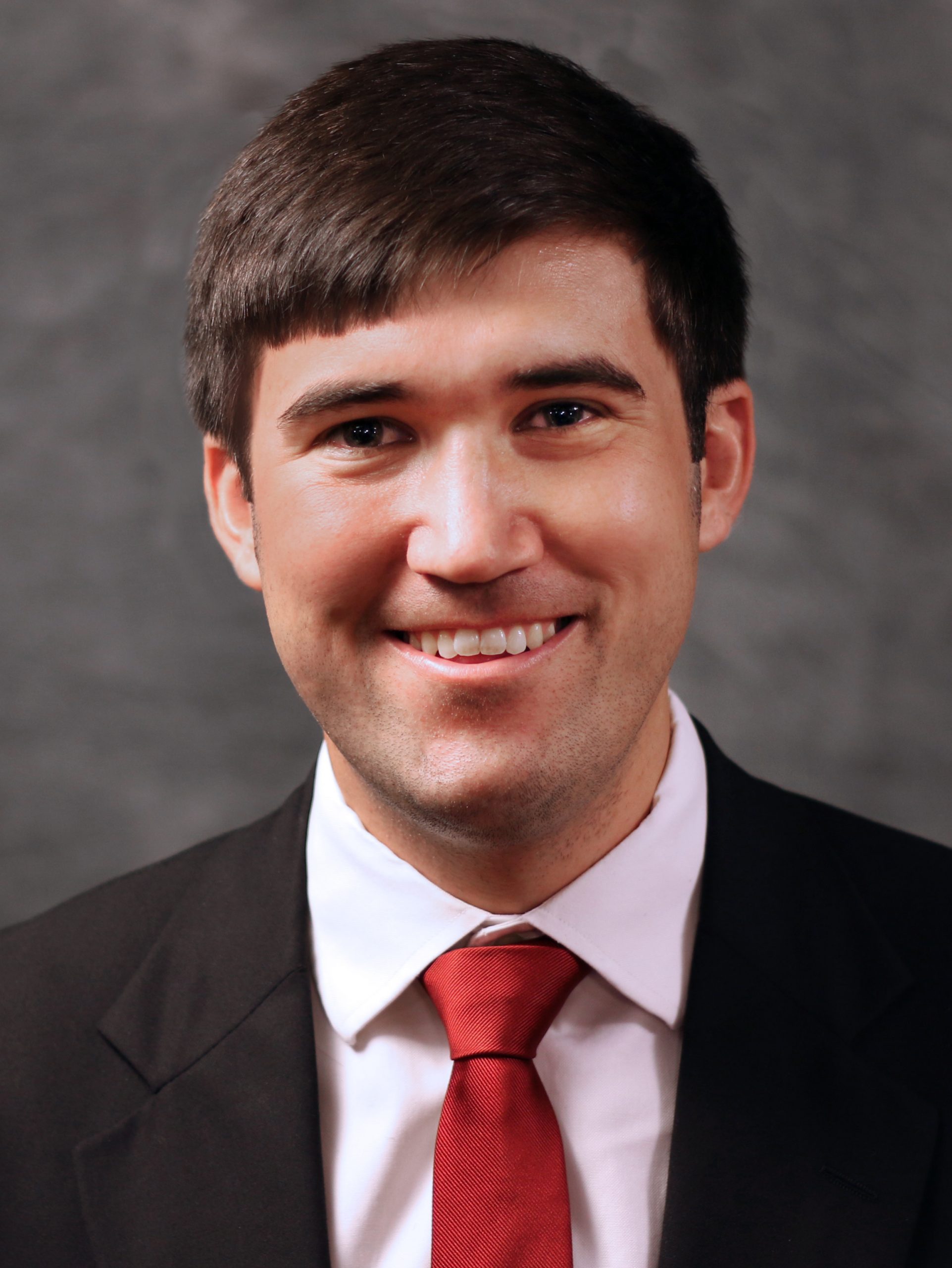End of Session Puts the Brakes on Transportation Reform in Missouri
At the beginning of this year’s legislative session, there were high hopes that Missouri’s legislators would focus on major transportation issues affecting the state. Concerns over funding problems at the Missouri Department of Transportation (MoDOT), which we’ve discussed many times before, appeared to be on policymakers’ radar. In addition, local regulatory intransigence toward ridesharing services like Uber and Lyft prompted calls for simpler statewide regulation. Leadership in Missouri’s legislature claimed that fixing these issues would be one of the main priorities of this year’s session.
Unfortunately, nothing was accomplished. On the issue of MoDOT funding, many reforms were proposed, such as reducing the size of the state highway system, increasing the state fuel tax, and allowing for public-private partnerships for tolling I-70. None of these proposals became law, although a proposal to increase fuel taxes by 5.9 cents came very close to going to a vote of the people.
As for ridesharing regulation, bickering over the exact level of safety regulation in the Senate was enough to scupper a promising reform bill. Until lawmakers are convinced that Missourians can choose for themselves the level of security that they consider adequate, the chances are slim for further regulatory reform in the state.
The only major transportation bill that passed the Missouri legislature was SB 861, which started out as a port improvement measure but ended up as a grab bag of corporate welfare measures. For instance, the bill would authorize tax deductions to lure back jobs that have gone to other states, whether or not these jobs have anything to do with ports.
While the legislature may have left transportation in the lurch, the news is not all bad. The recent passage of more funding at the federal level (through the FAST Act) and increased revenue at the state level has placed MoDOT on firmer financial footing, at least for the near future. This has led MoDOT to add 855 projects to its 2017–2021 state transportation improvement program, providing more than $700 million in new construction awards every year through 2021. As the threat that MoDOT will be unable to maintain the state highway system recedes, so does pressure to do anything to increase MoDOT’s funding.
However, major projects, like the rebuilding of I-70, remain out of reach for Missouri. And access to ridesharing services in Missouri’s largest metropolitan area (St. Louis) is still in legal limbo. It would be a mistake for Missouri’s policymakers to think they can continue to put off making sound policy reforms and hope outside circumstances continue to break in our favor.


